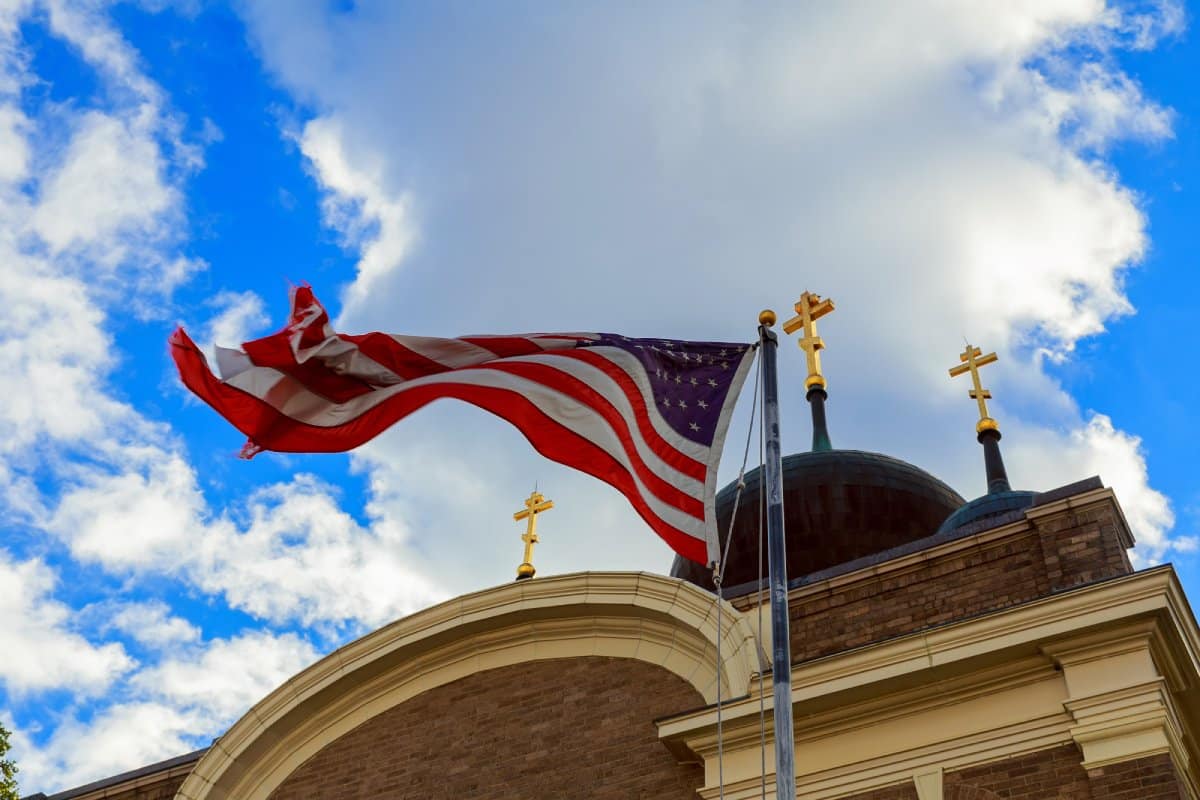Religion and politics have always been intertwined in America, but recent years have seen a sharp rise in polarization within churches.
The Great Divide

Congregations are splitting along political lines, with conservative and liberal members increasingly attending different places of worship.
According to Pew Research Center, many Americans who attend religious services say that the people they attend services with share their political views, indicating a growing echo chamber effect within congregations. This alignment suggests that religious communities can often reinforce political beliefs, leading to less exposure to differing viewpoints within these groups.
From Pews to Polls

The alignment of religious and political identities is more pronounced than ever. Evangelical Christians, for example, overwhelmingly support conservative policies and candidates, while mainline Protestant and Catholic congregations tend to lean more liberal.
A Public Religion Research Institute (PRRI) study found that 76% of white evangelicals voted for the Republican candidate in the 2020 presidential election, highlighting the deep political divide within American Christianity.
Pulpit Politics

The role of the pulpit in political discourse is significant. Pastors and religious leaders are increasingly vocal about their political beliefs, often endorsing candidates or policies directly from the pulpit.
This trend is reshaping congregational dynamics, with churches becoming platforms for political mobilization. The Brookings Institution notes that this practice can alienate members who hold differing views, leading to a decline in church attendance and membership.
Social Media Echo Chambers

Social media amplifies this polarization. Churches and religious leaders use platforms like Facebook and Twitter to share their political views, reaching a broader audience and reinforcing the political leanings of their followers.
A study by the Knight Foundation found that social media contributes to the spread of politically charged religious content, creating virtual echo chambers that mirror the divisions within physical congregations.
The Impact on Faith

The blending of prayer and politics is reshaping the spiritual landscape. For many, their religious identity is now inextricably linked with their political beliefs.
This convergence can strengthen community bonds among like-minded individuals but also risks alienating those who feel their faith should remain separate from politics.
According to the American Psychological Association, this polarization can lead to increased stress and anxiety among congregants, particularly during election cycles.
A Call for Unity

Despite the growing divide, some religious leaders are calling for unity and the separation of politics from the pulpit. They argue that faith should be a source of solace and community, not division.
Initiatives like the National Association of Evangelicals’ “For the Health of the Nation” emphasize common values and encourage political diversity within congregations.
The Future of American Churches

As America becomes more politically polarized, churches will continue to play a significant role in shaping political discourse. The challenge for religious communities will be to navigate this landscape without losing sight of their spiritual mission.
The future of American churches may depend on their ability to bridge political divides and foster inclusive environments that welcome diverse viewpoints.
Featured Image Credit: Shutterstock / ungvar.
For transparency, this content was partly developed with AI assistance and carefully curated by an experienced editor to be informative and ensure accuracy.





